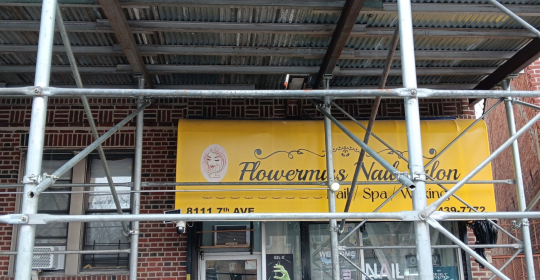The rise of bingo online has led to a noticeable decline in attendance at traditional bingo halls across the UK and Europe. As players increasingly opt for the convenience of digital platforms, many local venues have struggled to maintain footfall. With mobile access, flexible schedules, and themed rooms available at the tap of a screen, online bingo offers a level of accessibility that physical halls simply can’t match.
This shift has been especially pronounced among younger players, who prefer the fast-paced, gamified experience of bingo online. The result is a generational divide in how bingo is played, with older players still frequenting halls while younger audiences migrate to digital platforms.
Hybrid Play and Dual Engagement
Despite the challenges, bingo halls haven’t been entirely replaced. Many players now engage in hybrid play attending live events for the social atmosphere while also playing bingo online during the week. This dual engagement model is helping some venues stay relevant by offering digital ticketing, app-based loyalty programs, and live-streamed games.
Operators are beginning to see bingo online not as competition, but as a complementary channel. By integrating digital features into their physical offerings, they’re creating a seamless experience that appeals to both traditional and modern players.
Economic Pressure and Venue Closures
The economic impact of bingo’s digital shift is significant. Smaller halls, especially in rural areas, have faced closures due to reduced revenue and rising operational costs. With fewer players attending in person, many venues struggle to cover staffing, rent, and licensing fees.
Meanwhile, bingo online platforms benefit from lower overheads and broader reach. They can attract thousands of players across regions without the constraints of physical space. This scalability has allowed digital operators to dominate the market, leaving local halls to adapt or risk closure.
Reinvention Through Events and Community
Some bingo halls are fighting back with creative reinvention. Themed nights, drag bingo, charity events, and food-and-drink pairings are helping venues attract new audiences. These experiences offer something that bingo online can’t fully replicate: face-to-face interaction and local community spirit.
Charity bingo has also seen a resurgence, with halls raising funds for local causes and hosting inclusive events. These efforts reinforce the social value of bingo halls and help preserve their role as community hubs.
Influence on Game Design and Culture
The popularity of bingo online has influenced how games are designed and marketed in physical venues. Features like animated number calls, themed rooms, and chat moderators once exclusive to digital platforms are now appearing in live events. This cross-pollination is helping bingo halls modernize and appeal to tech-savvy players.
Culturally, bingo remains a beloved pastime. The digital shift hasn’t erased its charm it’s simply changed how and where people connect. Online platforms now host virtual bingo parties and influencer-led games that echo the energy of traditional halls.
Conclusion
The rise of bingo online has reshaped the bingo landscape, challenging local halls while also inspiring innovation. Declining footfall and economic pressure have forced venues to adapt, but hybrid play and community-driven events offer a path forward. As technology continues to evolve, the future of bingo will likely blend digital convenience with the irreplaceable warmth of in-person connection. Local halls may be fewer, but those that remain are finding new ways to thrive.






